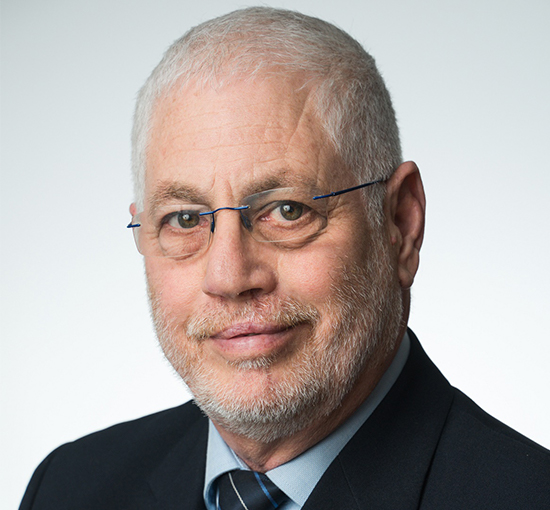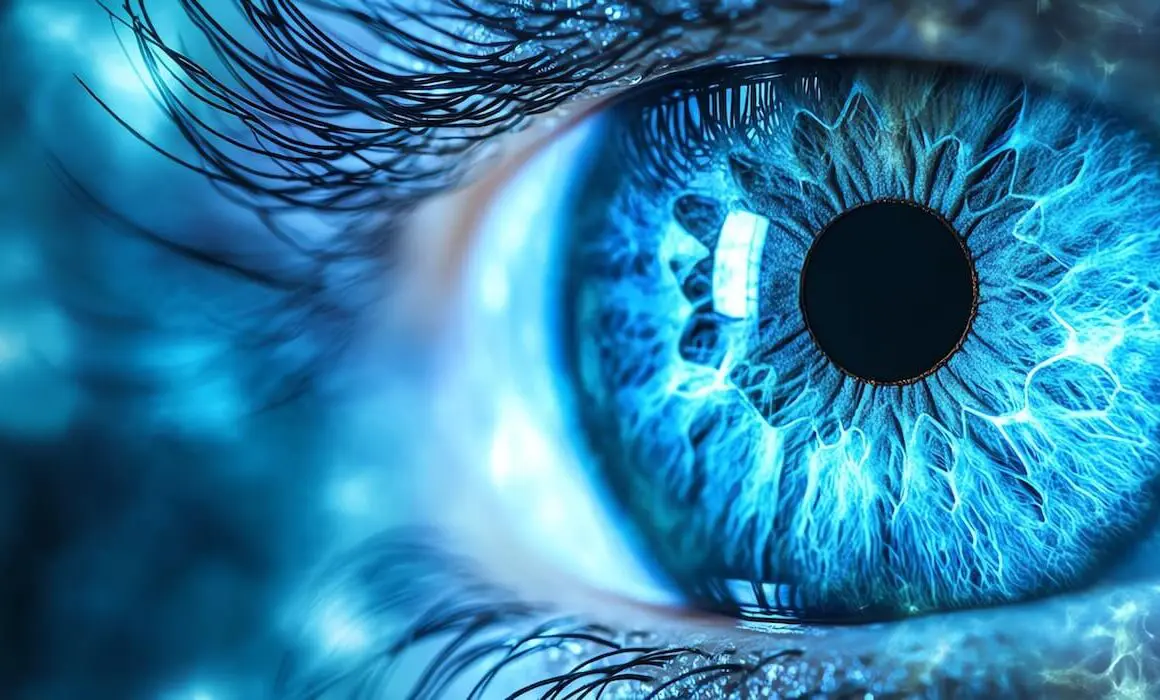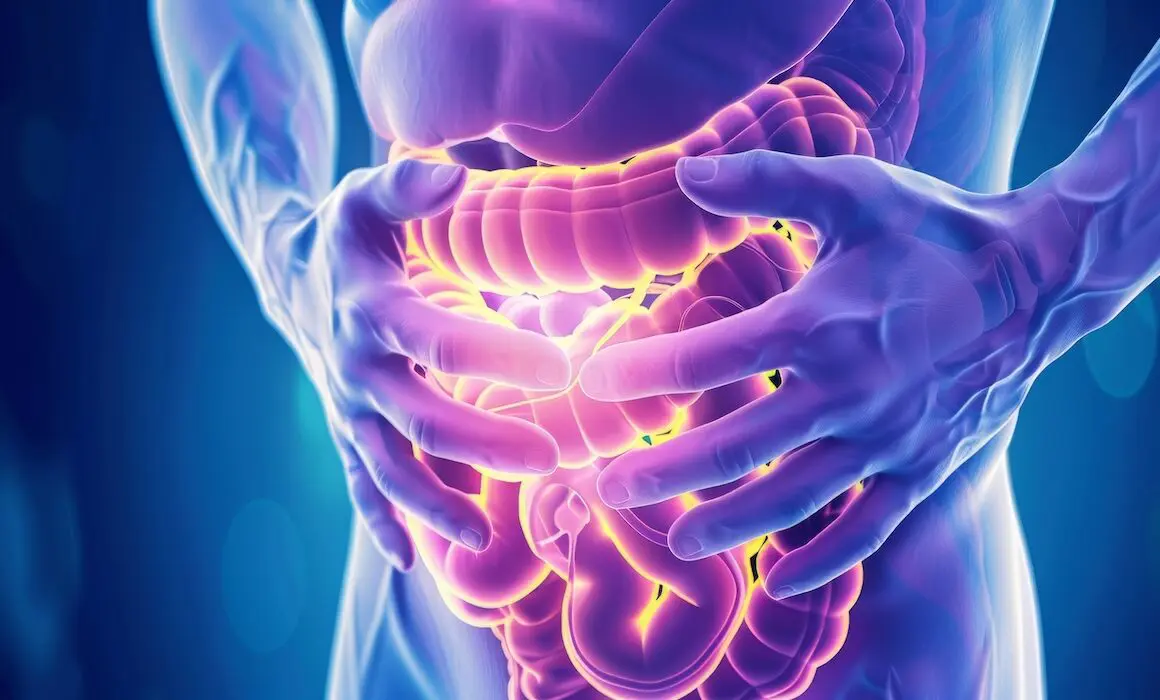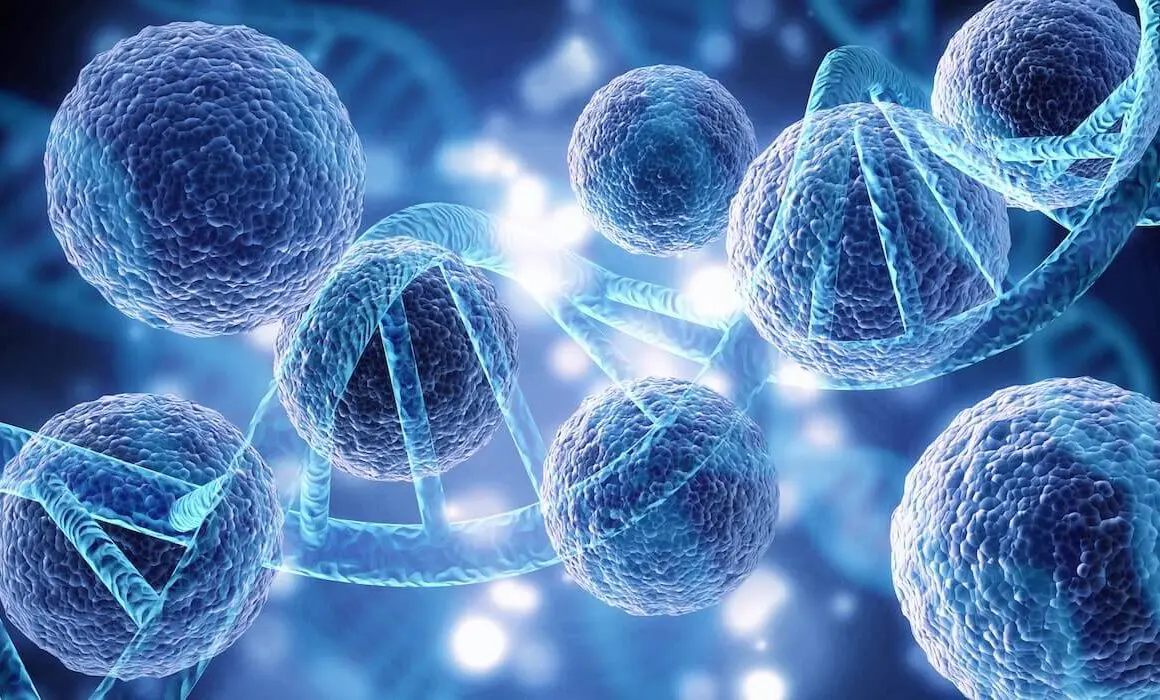Three Projects Win Health Innovation Grant

Three research groups have won a unique grant from the Technion’s Human Health Initiative (THHI). The brainchild of Technion President Professor Uri Sivan, the TTHI promotes interdisciplinary research related to the worlds of health and medicine.
“Human health is one of the main challenges facing humanity in the 21st century,” said President Sivan. “Like other huge challenges, a significant revolution in human health requires multidisciplinary efforts. The THHI brings together researchers from different faculties on the premise that removing boundaries between faculties and disciplines is essential to preserve the Technion’s world-class status and to meet the challenges of the 21st century.”
The TTHI organized an internal competition to support multidisciplinary research groups and innovative research projects. Thirteen teams from various Technion faculties entered the competition, with just three teams being chosen as the winners.
The winning entries were:
Closing the Loop: Technion – Rambam Center for Artificial Intelligence in Healthcare (CAIH)
The new center, jointly funded by the Technion and Rambam Medical Center, will promote the development of new artificial intelligence (AI) for medical and clinical research. The center’s founders hope this creates more synergy between physicians and researchers, leading to better patient outcomes.
“The idea is to create a loop between the world of medicine and the worlds of data and artificial intelligence,” said Professor Uri Shalit, one of the project researchers. “As data professionals, we need vast amounts of data – and the clinical world needs experts to analyze this same data and derive useful insights from it.”

The loop to create the new collaboration.
Harnessing Synthetic Biology and Ultra-Low Power Electronics to Monitor Signals in the Gastrointestinal Tract
Through this project, Technion researchers are developing innovative systems for monitoring gastrointestinal diseases using engineered bacteria.
“Using tools from the world of synthetic biology, we will create bacterial (E. coli) cells that identify biomarkers in the digestive tract, process this information, and program nano-electronic devices called memristors using biochemical reactions,” said Professor Ramez Daniel, the project’s leader.
“The memristors’ activity will be programmed directly by the bacteria from the nutrients that are abundant in the digestive system, and therefore no external energy source will be required for this system.” What’s more, the memristors will use 1,000 times less energy than a conventional electronics device.
This unique combination of biology and electronics will give researchers real-time focused molecular analysis — an essential tool for continuous diagnosis of diseases. The researchers anticipate the system will allow them to explore new diagnostic strategies and treatment methods.

Using biology for gastrointestinal monitoring.
Metabolic MRI: A New, Non-Invasive Approach in Clinical Diagnosis, Treatment, and Real Time Investigation of Human Diseases
MRI is a common and effective imaging technology that provides a wealth of information about physiological conditions based on the physical properties of the tissue — proton density, tissue relaxation times, and diffusion coefficients. However, in many cases this physical information alone is not enough, and more detailed knowledge is needed about various metabolites and their activity in the examined tissue.
Unfortunately, due to sensitivity problems, even the most advanced MRI systems detect only the metabolites found in very high dose tissue and are not sensitive enough to detect most metabolites for medical diagnosis. This problem can be solved in part by a technology called PET-CT, but this involves the use of harmful ionizing radiation and expensive radio tracers.
The technology developed by the Technion team allows for the use of MRI for rapid, effective, and safe medical diagnosis of various diseases. By increasing the signal of metabolites of interest up to 1,000 times their normal intensity and maintaining this intensity for several minutes, the researchers can map the metabolites in common MRI systems.
The technology will be tested in pre-clinical trials at the Ruth and Bruce Rappaport Faculty of Medicine at the Technion and will then enter clinical trials. After efficacy and safety trials, the technology will be tested in various medical contexts, including in cancer and other diseases of the prostate, liver, and kidney; systemic inflammatory diseases; and brain tumors.

A new approach in the rapid diagnosis of diseases.




